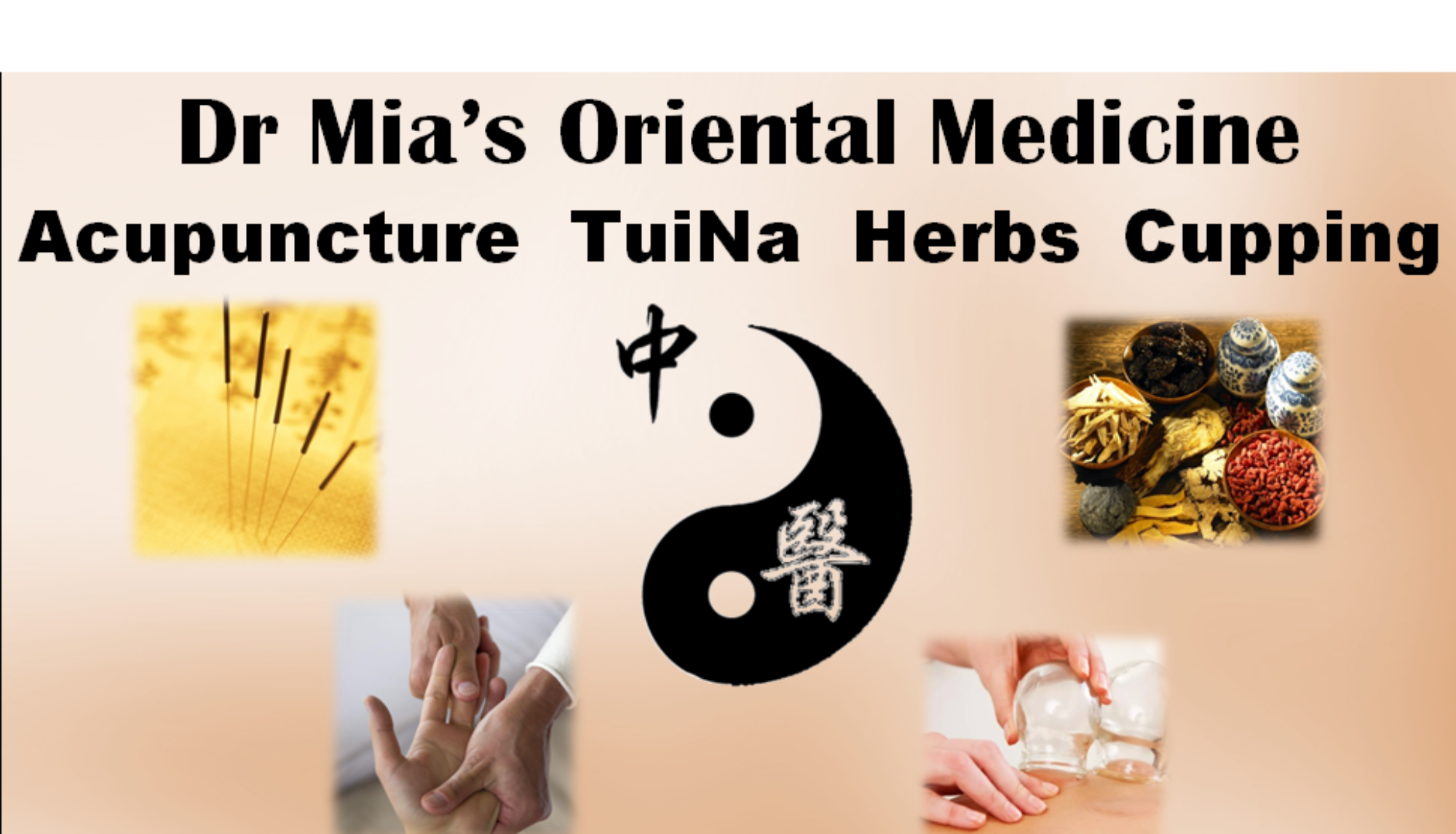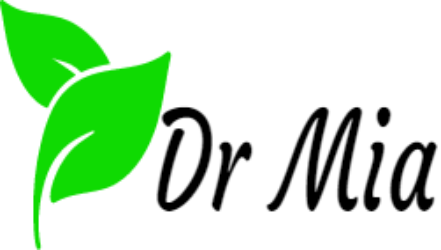TCM perspectives in interpreting modern diseases
Traditional Chinese Medicine (TCM) interprets modern diseases through its unique theoretical framework, which differs significantly from Western medicine. TCM emphasizes balance, energy flow (Qi), and the interaction of body systems rather than isolated pathology. Here are key TCM perspectives in interpreting modern diseases:
1. Holistic View
- TCM sees the body as an interconnected system where physical, emotional, and environmental factors influence health.
- Modern diseases (e.g., hypertension, diabetes, chronic fatigue) are often viewed as manifestations of underlying imbalances (e.g., Yin-Yang disharmony, Qi stagnation, or Blood deficiency).
2. Pattern Differentiation (辨证论治 – Biàn Zhèng Lùn Zhì)
- Instead of diagnosing diseases by name (e.g., “migraine” or “IBS”), TCM identifies syndromes (证候 – Zhèng Hòu) such as:
- Liver Qi Stagnation (stress-related disorders, depression, digestive issues)
- Spleen Qi Deficiency (fatigue, poor digestion, metabolic disorders)
- Kidney Yin/Yang Deficiency (chronic fatigue, hormonal imbalances, infertility)
- Phlegm-Dampness Accumulation (obesity, high cholesterol, respiratory conditions)
3. Root Cause Analysis
- TCM looks beyond symptoms to identify deeper imbalances. For example:
- Diabetes (消渴 – Xiāo Kě) is often linked to Yin deficiency with internal heat or Spleen dysfunction.
- Autoimmune diseases may be interpreted as Wind-Damp-Heat invasion or Wei Qi (defensive Qi) deficiency.
- Chronic inflammation may stem from excess Heat or Toxins in the body.
4. Modern Lifestyle Factors in TCM Terms
- Stress & Emotional Imbalance → Liver Qi Stagnation (causing headaches, insomnia, or digestive issues).
- Poor Diet (processed foods, excess sugar) → Spleen & Stomach dysfunction (leading to dampness, phlegm, or metabolic disorders).
- Sedentary Lifestyle → Qi & Blood Stagnation (contributing to pain, obesity, or circulatory problems).
- Sleep Deprivation → Kidney & Liver Yin depletion (fatigue, hormonal issues, premature aging).
5. Treatment Principles
- Acupuncture – Regulates Qi flow, addresses pain, and rebalances organ systems.
- Herbal Medicine – Custom formulas target specific syndromes (e.g., Liu Wei Di Huang Wan for Kidney Yin deficiency).
- Diet Therapy – Foods are classified by thermal nature (hot/cold) to restore balance.
- Qi Gong/Tai Chi – Enhances Qi circulation and stress resilience.
Examples of TCM Interpretations of Modern Diseases
| Western Diagnosis | TCM Syndrome(s) | TCM Treatment Approach |
|---|---|---|
| Hypertension | Liver Yang Rising, Kidney Yin Deficiency | Calm Liver Yang, nourish Yin (e.g., Tian Ma Gou Teng Yin) |
| IBS (Irritable Bowel) | Liver Qi invading Spleen, Damp-Heat | Soothe Liver, strengthen Spleen (e.g., Tong Xie Yao Fang) |
| Chronic Fatigue | Spleen Qi Deficiency, Kidney Yang Weakness | Tonify Qi & Yang (e.g., Bu Zhong Yi Qi Tang) |
| Depression/Anxiety | Liver Qi Stagnation, Heart Shen Disturbance | Move Qi, calm Shen (e.g., Xiao Yao San) |
Conclusion
TCM does not treat diseases as isolated entities but rather as dynamic imbalances in the body’s energy system. By addressing root causes (e.g., Qi, Yin-Yang, organ dysfunction) rather than just symptoms, TCM offers a complementary perspective on modern health challenges, particularly for chronic, stress-related, and functional disorders.
TCM is a holistic and personalized system of medicine that focuses on pattern differentiation (辨证论治, biàn zhèng lùn zhì), which is the cornerstone of diagnosis and treatment.
Key Principles of TCM in Disease Management
- Holistic Approach – The body is seen as an interconnected system where imbalances in one organ or meridian can affect others.
- Pattern Differentiation (辨证, biàn zhèng) – The same disease (e.g., insomnia, hypertension) can manifest from different underlying patterns, each requiring a unique treatment strategy.
- Individualized Treatment – Two patients with “hypertension” may receive entirely different herbal formulas or acupuncture points based on their specific patterns.
Example: Insomnia in TCM (Different Patterns & Treatments)
Insomnia (不寐, bù mèi) can stem from multiple patterns, each involving different organs and requiring distinct treatments:
| Pattern | Organs Involved | Symptoms | Treatment Principle | Example Formula |
|---|---|---|---|---|
| Heart & Spleen Deficiency | Heart, Spleen | Difficulty falling asleep, fatigue, poor appetite, palpitations | Tonify Heart & Spleen, Nourish Blood | Guī Pí Tāng (归脾汤) |
| Liver Qi Stagnation → Fire | Liver, Heart | Irritability, dream-disturbed sleep, bitter taste in mouth | Clear Liver Fire, Calm Shen | Dān Zhī Xiāo Yáo Sǎn (丹栀逍遥散) |
| Yin Deficiency with Empty Heat | Kidney, Heart | Night sweats, restlessness, hot flashes | Nourish Yin, Clear Empty Heat | Tiān Wáng Bǔ Xīn Dān (天王补心丹) |
| Phlegm-Heat Disturbing Shen | Stomach, Heart | Heavy sensation, dizziness, chest stuffiness | Resolve Phlegm, Clear Heat | Wēn Dǎn Tāng (温胆汤) |
Example: Hypertension in TCM (Different Patterns)
Hypertension (高血压, gāo xuè yā) is not a single disease in TCM but a symptom of underlying imbalances:
| Pattern | Organs Involved | Symptoms | Treatment Principle |
|---|---|---|---|
| Liver Yang Rising | Liver, Kidney | Headache, dizziness, red face, irritability | Subdue Liver Yang, Nourish Kidney Yin |
| Liver Fire Blazing | Liver | Anger, tinnitus, red eyes, bitter taste | Clear Liver Fire, Calm Shen |
| Yin Deficiency with Yang Hyperactivity | Kidney, Liver | Night sweats, lower back pain, dry throat | Nourish Yin, Anchor Yang |
| Phlegm-Damp Obstruction | Spleen, Stomach | Heavy head, obesity, chest oppression | Resolve Phlegm, Strengthen Spleen |
Conclusion
- Same disease, different patterns → Different treatments.
- TCM focuses on correcting the root imbalance rather than just suppressing symptoms.
- Herbs, acupuncture, diet, and lifestyle are tailored to the individual’s pattern.

